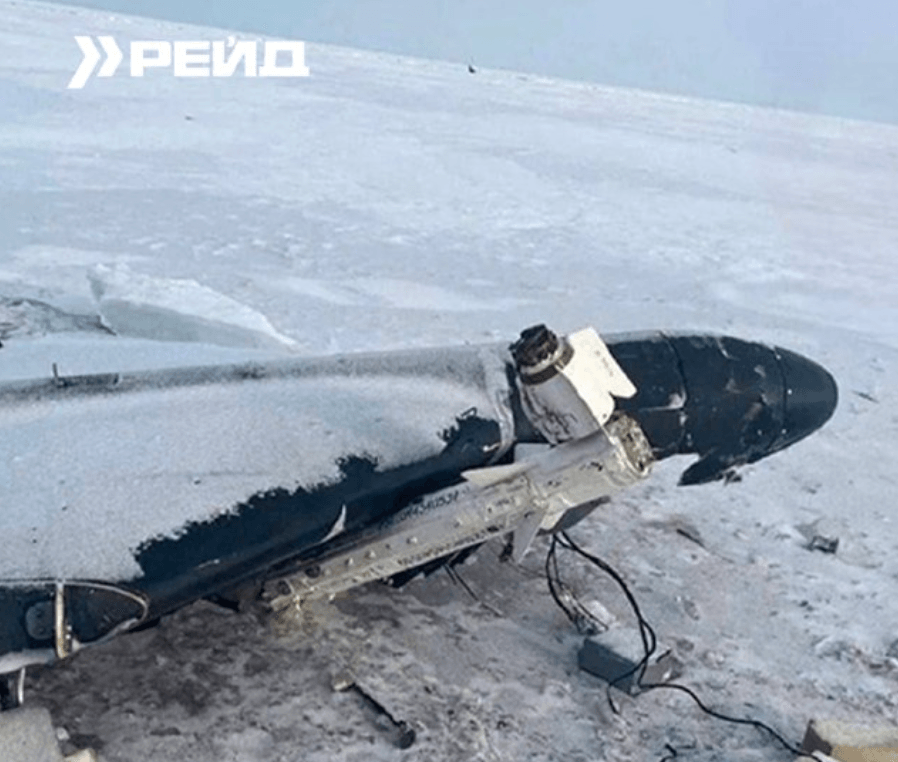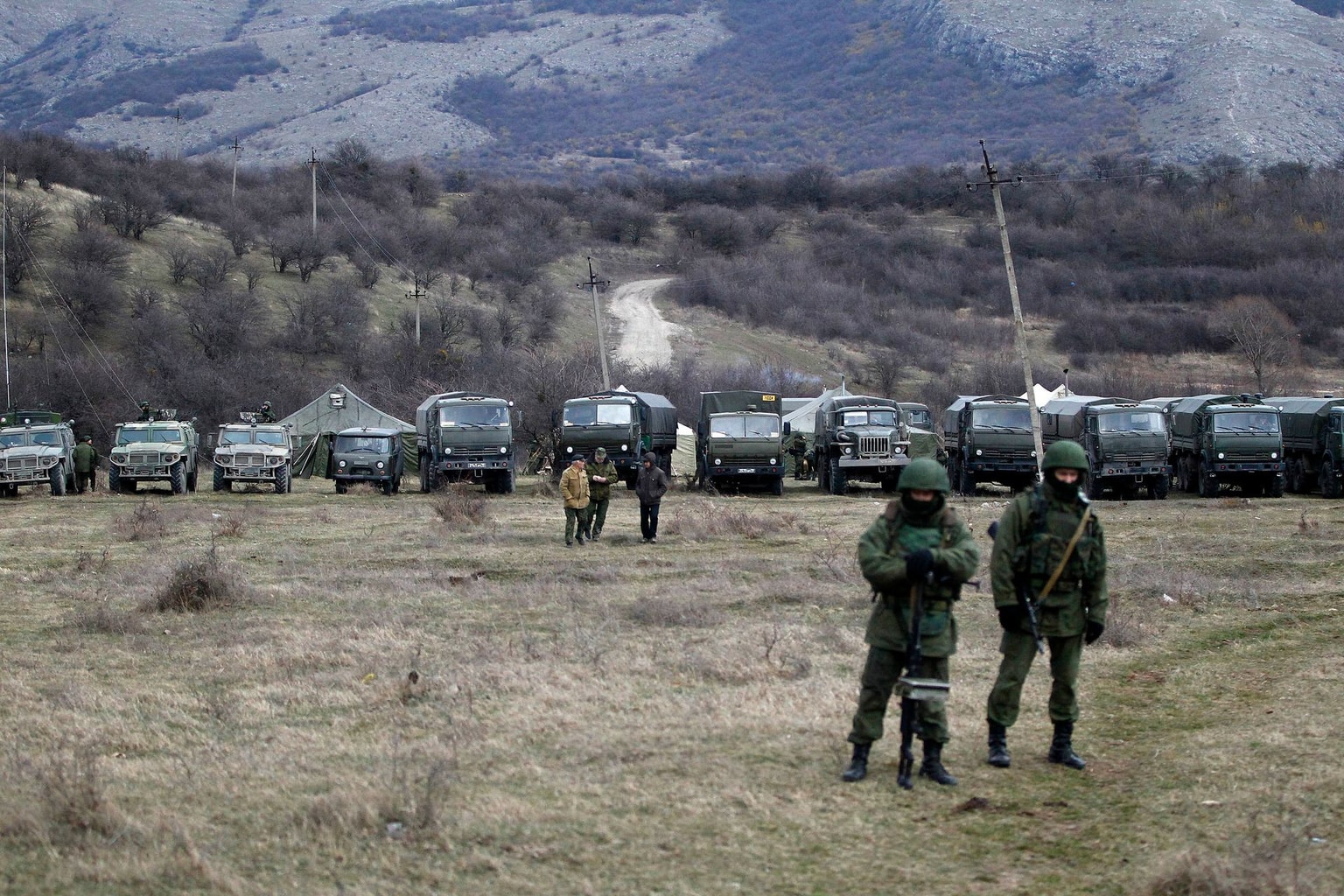Ukraine Business Roundup — January 9

The following is the Jan. 9, 2024 edition of our Ukraine Business Roundup weekly newsletter. To get the biggest news in business and tech from Ukraine directly in your inbox, subscribe here.
Land for sale
Ukrainian businesses can now officially buy land in Ukraine as of Jan. 1 in what marks the second phase of a historic decision to end a near 20-year ban on the sale of land in March 2020.
After lifting the ban, the land market officially opened on July 1, 2021. Until now, only individuals could buy up to 100 hectares of land (around 247 acres). Individuals and businesses can now purchase up to 10,000 hectares (around 24,000 acres) of land.
Opening up Ukraine’s land market was, and still is, a political hot potato. Critics have worried that allowing the auctioning off of farmland in the country could open up the door to oligarchs and foreigners snapping up large swaths of valuable agricultural land while pushing out poorer Ukrainian farmers by buying their plots.
The law still prohibits foreigners and foreign companies from buying farmland, and the only way that will change is through a national referendum at some point.
Some lawmakers continue trying to stymie the changes. A group of them in parliament led by the chairman of the Verkhovna Rada Dmytro Razumkov has submitted a draft law to postpone this stage of land reform until 2025.

Making Russia pay
As aid for Ukraine hangs in the balance on both sides of the Atlantic, Kyiv’s supporters have their eyes on finally seizing Russia’s frozen reserves in foreign central banks to support Ukraine.
While frozen nearly two years ago, 2024 may be the year Ukraine finally sees any money. Late last month, the Financial Times reported that the U.S. had proposed that Group of Seven working groups explore ways to seize $300 billion in frozen Russian assets.
While no decision has been made yet, the FT reported that G7 finance ministers and their deputies discussed the topic and how to move forward, as well as the risks, in December, according to people briefed on the calls.
The U.S., along with the U.K., Japan, and Canada, proposed having options ready before a potential meeting of G7 leaders around Feb. 24, which will mark two years of Russia’s full-scale invasion.
President Volodymyr Zelensky reiterated on Jan. 6 his call to move quickly on setting up the legal framework to confiscate the reserves. “This year, we must achieve tangible progress toward using frozen Russian assets for the benefit of Ukraine. We firmly rely on G7 leadership on this matter,” he wrote on X.
Critics argue that seizing the assets will send a signal to other countries, like China, that holding reserves in euros or dollars is risky. Experts argue that not only should Russia pay for its war against Ukraine, but the move would be in line with both international law and historical precedent.

Same old, same old
In the latest episode of a business sounding the alarm that it’s being harassed by Ukraine’s security services, the Kyiv-based rubber goods producer Kyivhuma had its premises searched on Jan. 4 in connection with a case of alleged tactical medical equipment supplies to Russia.
The Security Service of Ukraine (SBU) said, without naming names (standard practice), that it had exposed "one of the largest rubber and plastic producers in Ukraine" based in Kyiv Oblast “for shipping tactical harnesses and bandages to Russia.”
The SBU later confirmed in a comment for Interfax-Ukraine that one of Kyivhuma’s founders had been detained for 60 days without bail.
According to the SBU, between 2022 and 2023, the company supplied products worth over Hr 40 million ($1.05 million). The goods were allegedly transported via an "illegal route" running through European countries to Russia.
The company vehemently denies the accusations, saying that since February 2022, it has “completely stopped cooperation with the aggressor country.” Its general director Andrii Ostrohrud said the products may end up in Russia through its customers reselling them, and that the medical supplies sold would not have been military grade.
Ostrohrud told Forbes Ukraine that he believes competitors may be behind the allegations and are trying to push Kyivhuma out of the market by making it toxic to work with.
The story is unfortunately a familiar one in Ukraine: A company gets searched as state authorities accuse it of illegal activity, the company denies the accusations and takes to social media to blast the state for harassment and damage to their business, and then the case goes to the courts where little is heard of it after.
Many companies have complained that these searches have only increased since the start of the full-scale invasion. It’s unclear why, but members of the business community with whom I’ve spoken point to pressure from above to crack down on corruption, leading to the heavy-handed approach of law enforcement officials eager to show their bosses they’re doing their jobs.
What is clear, however, is that constant calls from the business community to find a solution to this never-ending cycle have fallen on deaf ears.

Conquering Europe
When Russia’s invasion in 2022 forced millions of Ukrainians to flee to EU countries, Nova Poshta, Ukraine’s largest private delivery company and domestic analog to FedEx or DHL that just rebranded as Nova, saw a responsibility to connect its Ukrainian customers with their homeland, but also an opportunity to expand to new markets.
The first foreign branch opened in Warsaw in October 2022. The latest opened earlier this month in Milan, making Italy the 11th European market for Nova Post.
The company has delivered 1.2 million parcels to and from Ukraine, largely to Poland, Germany, and Czechia. Other markets include Lithuania, Romania, Slovakia, Estonia, Latvia, Hungary, and Moldova. For comparison, in Ukraine, Nova Poshta delivered 366 million parcels in the first 11 months of 2023.
"Ninety percent of our customers (in Europe) are Ukrainians. Our strategy has not changed — we want to be close to Ukrainians both in Ukraine and abroad," Vyacheslav Klymov, the co-owner of Nova Post, told Kyiv Independent in an interview.
Nova Post plans to enter 16 more countries in 2024, including France, Spain, the U.K., Ireland, the Netherlands, and Denmark. The plan is to have 200 branches in 30 European countries by 2025.
“We want to become the number one delivery company that connects Ukraine with Europe and the world,” Klymov said.
Read Kyiv Independent contributor Nina Mishchenko’s full story here.

Talking business
The Kyiv Independent’s business desk is launching an interview series, titled “Talking Business in Ukraine” to bring you insights from the country’s leading businesses and their leaders.
We kicked it off with one of the most recognizable brands in Ukraine: the country’s largest supermarket chain ATB. The following is an excerpt from the full interview with CEO Borys Markov.
The Kyiv Independent: What advice can you give entrepreneurs and international companies as a CEO on properly planning for the next year?
Borys Markov: First, being prepared to make operational changes to any plans is crucial. The situation can be volatile, as can consumer demand. This is especially noticeable when a country is at war, and the enemy's primary goal is to inflict as much damage as possible on the economy, infrastructure, and business.
Of course, projects to support Ukrainian defenders, charitable initiatives, and activities that strengthen morale and, step by step, bring our victory closer should be included in the plans.
The Kyiv Independent: How do you assess the current business climate in Ukraine?
Borys Markov: As military observers say, the situation is difficult but under control. What it will be in the future depends largely on each of us. Despite risks, Ukraine’s largest retailers are returning to front-line and liberated areas.
The Kyiv Independent: What does big business expect from the government now? What would they like the government and the authorities to do for retail and industry in general?
Borys Markov: If a business is transparent, honest, and responsible, like АТВ, then the expectations from the government are appropriate. Clear and transparent rules of the game play a significant role in the relationship between business and government structures. Legislative support is essential.
Read the full interview here.
What else is happening
Bloomberg: Turkish e-Commerce giant Hepsiburada planning to launch operations in Ukraine. Hepsiburada plans to start selling goods in Ukraine if a trial run is deemed successful, Bloomberg reported on Jan. 7. “Ukraine is a difficult but important market for Turkey,” CEO Nilhan Onal Gokcetekin told Bloomberg. According to Gokcetekin, Ukraine offers a unique opportunity given the challenges it faces in sourcing goods domestically or resorting to cross-border shipments with longer delivery times.
Russian oligarch's firm files $1 billion claim against Ukraine over bank nationalization. ABH Holdings S.A. (ABHH) banking group, whose main shareholder is sanctioned Russian oligarch Mikhail Fridman, filed an arbitration request and a claim of over $1 billion against Ukraine over the nationalization of Sense Bank, the company said in its press release on Jan. 4. Ukraine seized Sense Bank, a Ukrainian branch of Fridman's Alfa-Bank, in the summer of 2023 as its owner had been placed under sanctions. The oligarch is wanted in Ukraine for financially supporting the Russian war machine during the full-scale war.
Economy minister: Ukraine's exports to grow by 9% in 2024. Positive developments in the last months of 2023 mean that Ukraine's exports are forecast to grow by 9% in 2024, and 19.4% in 2025, Economy Minister and Deputy Prime Minister Yuliia Svyrydenko said on Jan. 5. According to the Economy Ministry's statistics, Ukraine exported a total of 99.8 million metric tons of goods in 2023, 112,000 metric tons more than in 2022. However, "border blockades, grain disputes and Russia's sabotage of the grain deal" meant that the value of exports in 2023, at $35.8 billion, was 18.7% less than the year before.
Ukraine's international reserves rise to $40.5 billion after months-long slump. Ukraine's international reserves rose by 4.4% after several months of decline to $40.5 billion, up from $38.8 billion in December, the National Bank of Ukraine (NBU) announced on Jan. 5. International reserves peaked at a record high of $41.7 billion in July 2023 but then decreased for four months until December. The increase over the last month was largely due to foreign exchange (FX) inflows from Ukraine's international allies, the NBU said, which outstripped FX sales and debt repayments.
Corruption prevention agency to monitor Energoatom head over relative's property purchases. Radio Free Europe/Radio Liberty's investigation project Schemes reported on Dec. 21 that Energoatom President Petro Kotin’s mother-in-law bought a house and land for Hr 7 million ($183,000) near Kyiv during the full-scale war without having an official income. The National Agency on Corruption Prevention (NAZK) began monitoring Kotin over the suspicious property purchases, lawmaker Yaroslav Zhelezniak said on Jan. 5, citing a letter from the agency.










